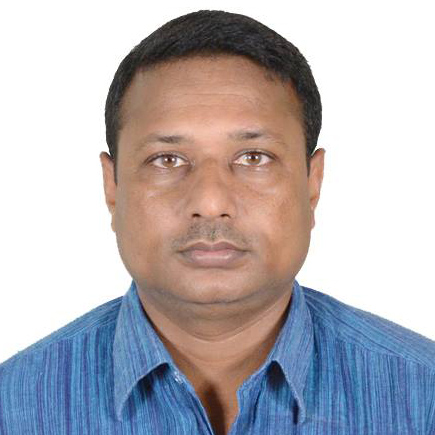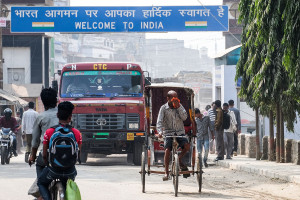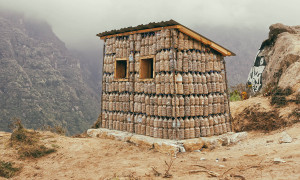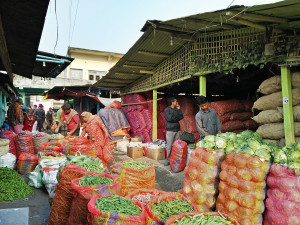Money
Bara farmers giving up crops for fish farming
Bara is turning into a fishery hub with increasing numbers of farmers setting up fish farms and fisheries in the region due to high returns.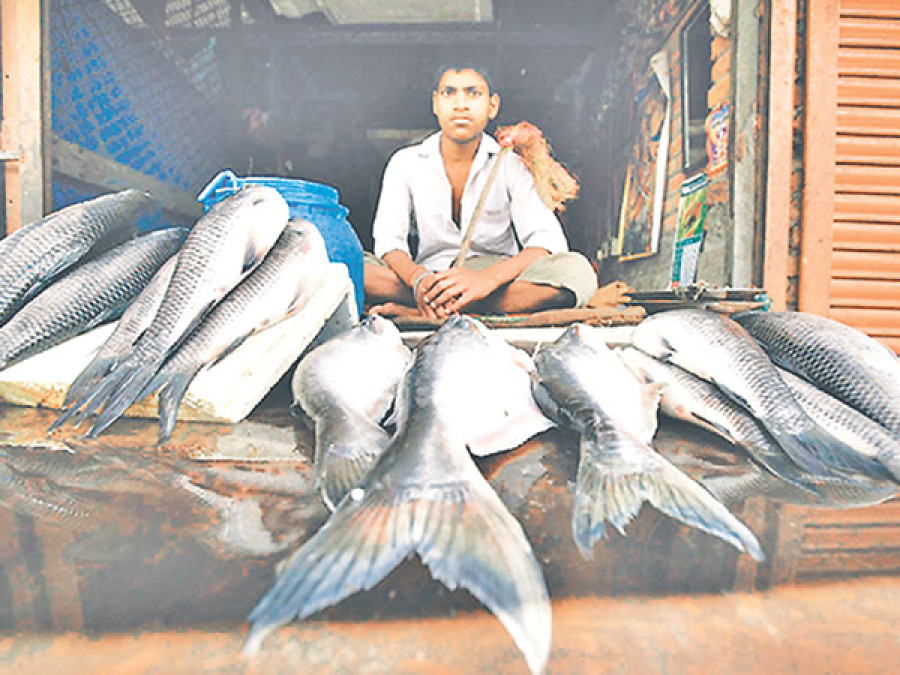
Laxmi Sah
Bara is turning into a fishery hub with increasing numbers of farmers setting up fish farms and fisheries in the region due to high returns.
Farmers started becoming interested in setting up fish farms after the government launched a fish mission programme five years ago. Farmers have been switching to fish farms from traditional crop farming. According to the District Agriculture Development Office, fish farms occupy more than 2,000 hectares in the district. Most of the farmers are operating from leased land. Bara has a huge fish production potential with a productivity of 6 tonnes per hectare against the country’s average of 2 tonnes per hectare. The district produces 10,000 tonnes of fish worth Rs2 billion annually.
“There has been a significant growth in fish output and fish farms,” said Munilal Agrahari, a fisheries development officer. “The district has been turning into a fishery hub.” The fish produced in Bara is supplied to Kathmandu, Pokhara, Mugling, Narayangadh and other urban areas.
According to him, the government has doubled the amount of subsidy to fish farmers from Rs5,000 to Rs10,000 per kattha. “Due to the subsidy policy, not only traditional fish farmers but also a large number of youths have been attracted to this occupation,” he said.
Janga Bahadur Sah, president of the Fisheries Development Committee, said that the income from fish farming is three-fold higher compared to growing crops.
Kolhabi-9 of Bodhaban village is one of the major fish producing areas. Almost every farmer in the village has a fish pond. The village has fish ponds spread over 100 hectares and produces fish worth Rs70 million annually. More than 700 families in the village are engaged in fish farming.
Kathmandu has been the major market for fresh fish produced in Bara for a long time. Nearly 1 tonne of fresh fish is shipped to Kathmandu daily, said Chandra Sekhar Yadav, a local fish trader.
Traders said that in the last few years, farmers in Nijgadh had been replacing brick kilns with fish ponds. According to Narayan Khadka, a local farmer, people in the area are becoming more health conscious, and as a result, they have been taking down brick kilns and establishing fish ponds.
Khadka complained that they had not been receiving any technical know-how from the government despite making such a big investment in the sector. Farmers like Khadka, Ram Hari Chaulagain and Roshan Sharma have dismantled seven brick kilns and dug fish ponds.
They have invested Rs15 million and dug 19 fish ponds on more than 13 bighas of land. “We are commercialising the fishery sector,” said Khadka.




 18.12°C Kathmandu
18.12°C Kathmandu